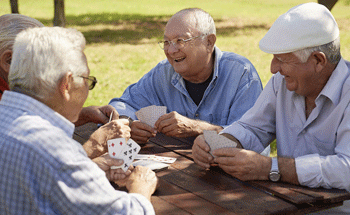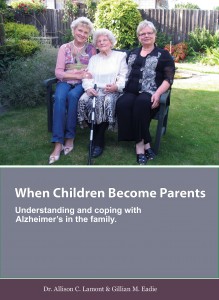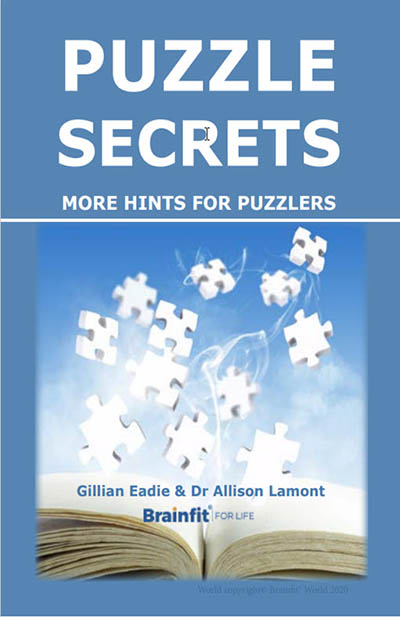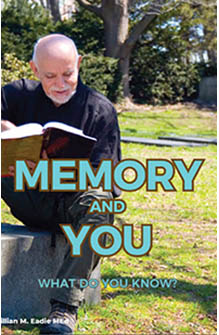Dementia is a cruel disease.
Only a small percentage of us will suffer from dementia but most of us know someone who is coping with it.
Being a friend, caregiver and/or family member can be distressing and we often feel at a loss as to what to do to help.
Here are some Memory Foundation suggestions:
Firstly, what is dementia?
Here’s a great short video that shows you exactly what happens in the brain.
Dementia or Alzheimer’s?
These terms are not interchangeable. Dementia is the brain disorder and Alzheimer’s disease is just one of the causes of dementia. Read more
What can you do to help?
- If you are a friend, taking over from the caregiver for even a few hours is a much-appreciated gift! It is a challenge for caregivers to get time alone for even the most mundane things like a haircut or visiting the bank.
- Speak slowly and deliberately when you are communicating. Because the brain connections work more slowly now, your friend probably won’t be able to follow quick speech
- Look out some old photographs – your own, from the paper or a book. Talk about who the people are and what they have done. Later, look at them again and recall together as much as possible. Give as many clues as necessary and be patient – sometimes the brain connections will take much longer than usual.
- Try reading large print books together. Or encourage your friend to read a children’s story aloud, especially if you have a child with you.
- Read out a sentence and then help your friend to recall it and repeat it
- Listen to the radio, perhaps talk-back. Listen to a caller or the host. Then turn the radio down and talk about what the conversation was about.
- If you are asking your friend to do something or remember information, repeat it back a few times with time intervals.
- Use reminders – post-it notes are great or a big whiteboard with key information on it.
- Look for simple ways to build on on hobbies your friend used to enjoy – painting with watercolours? baking? gardening? crosswords? music? woodwork?
- Bring a large piece jigsaw puzzle and an image of the finished picture.
- Gather a group of willing friends for a simple game of cards, if that is something you used to do.
- Go for a walk. Research tells us that even 15 minutes of walking stimulates the brain and reduces the likelihood of memory problems.
- For some people, these videos might also help because you can pause the videos as often as you like. https://www.brainfit.world/memory-skills-practice-videos/
- Keeping up your own puzzles and challenges is really important for your resilience and patience (and sense of humour!)
You may find this small eBook helpful too. It recounts the experience of Dr Allison Lamont and Gillian Eadie as they cared for their loved mother, Jeanie Paton QSM, during her final years with dementia, caused by Alzheimer’s disease. They share the strategies they discovered and insights into the day-to-day management techniques they developed over Jeanie’s final two years.
Do you have other helpful suggestions to help caregivers, friends and relatives? We’d love you to share them with other Brain Tuners.






Almost 87 and still reasonable allround,a bit forgetfull
at times.
Well done! Only a small percentage of us will get dementia so it is important for all of us to keep those brain connections growing as much as possible. And to lend a hand to others who are not so fortunate. The occasional forgetting is usually not a sign of dementia. Keep up the exercise as much as possible, too!
I Am 81 years old, I have lived in this Condo for the past
30 years, I’ve been a widow for the past 22 years and
retired for 19 years and considered very healthy.
I am very sad to say that my younger brother of 65 has
been diagnosed with a Neurological disorder a few mo,
ago after a very successful career in the Insurance Indus-
try. He retired at 59. As if that was not enough, his darling
wife was diagnosed with a milder Neurological disorder
last week. I am convinced, food is the reason.